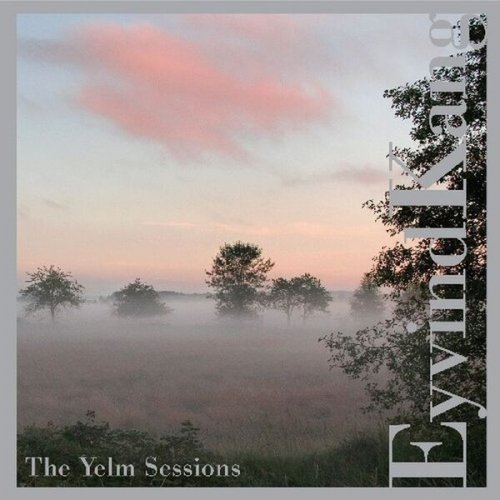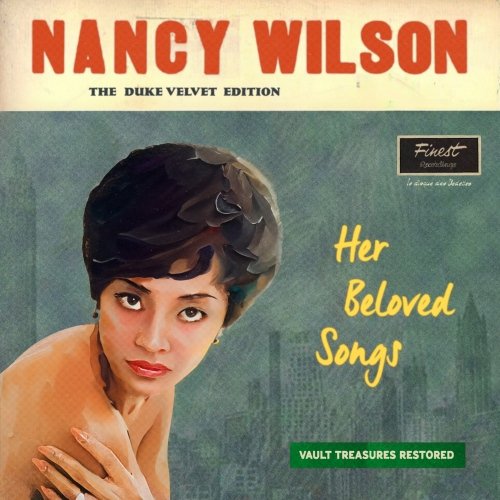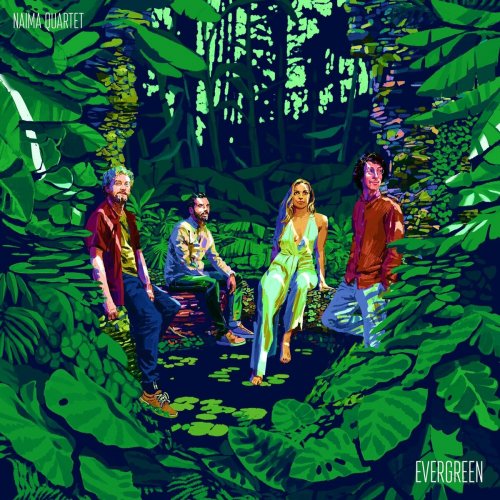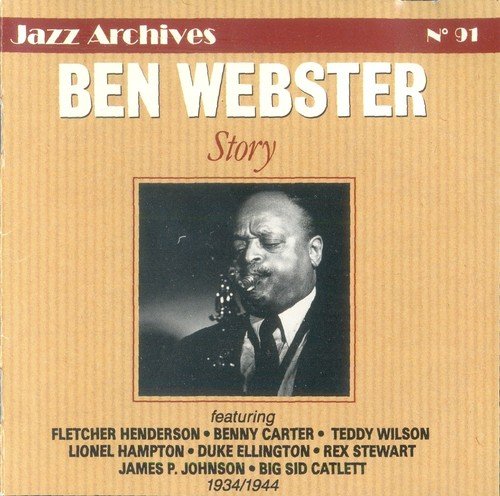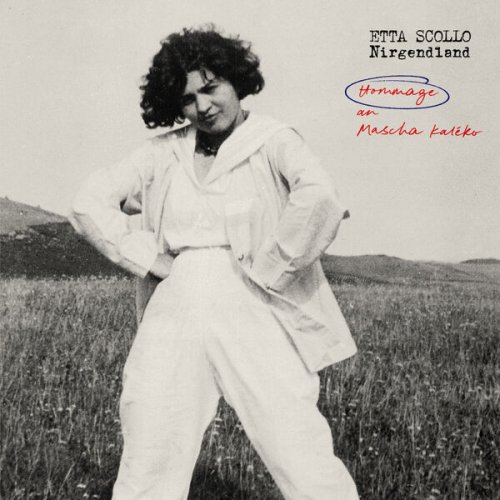The Modern Jazz Quartet - European Concert, Vol. 1 (Remastered) (1960/2023) [Hi-Res]
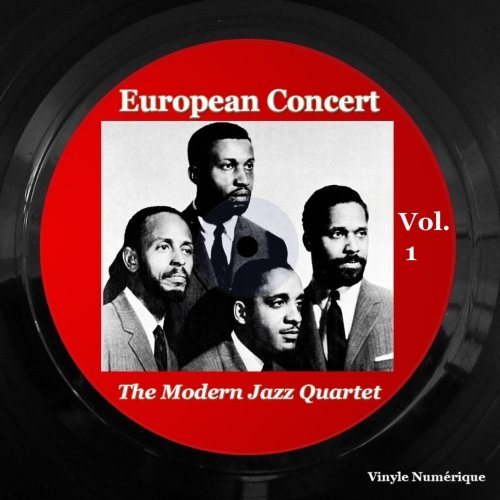
Artist: The Modern Jazz Quartet
Title: European Concert, Vol. 1
Year Of Release: 1960/2023
Label: Vinyle Numérique
Genre: Jazz
Quality: FLAC (tracks) 24/96, FLAC (tracks), 320 kbps
Total Time: 00:40:13
Total Size: 893 / 233 / 93 MB
WebSite: Album Preview
Tracklist:Title: European Concert, Vol. 1
Year Of Release: 1960/2023
Label: Vinyle Numérique
Genre: Jazz
Quality: FLAC (tracks) 24/96, FLAC (tracks), 320 kbps
Total Time: 00:40:13
Total Size: 893 / 233 / 93 MB
WebSite: Album Preview
01 - Django 05:44
02 - Bluesology 05:03
03 - I Should Care 05:43
04 - La Ronde 03:11
05 - I Remember Clifford 05:52
06 - Festival Sketch 04:41
07 - Vendome 03:01
08 - Odds Against Tomorrow 06:58
European Concert' is perhaps the classic of the Modern Jazz Quartet. The MJQ presented its jazz in a formally structured context, much like a chamber music ensemble in a classical context. This album, perhaps more than any of their studio recordings, illustrates how the band uses concepts of time, space, beat, rhythm and change to weave them into a seamless whole, where melody is the basis of improvisation, but never really constrains it.
"Long considered one of, if not the classic album from the Modern Jazz Quartet, European Concert defines them simultaneously as a recording entity as well as a working band. MJQ presented jazz in the context of a formally structured environment, much like a chamber group in the classical context. Within the band, the groove of Milt "Bags" Jackson's vibes met the solid swing of Connie Kay's drums, the funky strut of Percy Heath's bass, and the elegant classicism of John Lewis's piano. The MJQ were able, in a context that pushed at jazz's boundaries from the outside, to create a music that swung without edges or fragmented harmonic structures. Instead -- as this album perhaps more than any of their studio recordings exemplifies -- they used concepts of time, space, meter, rhythm, and changes to weave together a seamless whole, where melody grounded the improvisation but never really restricted it. The kind of graceful counterpoint that exists between Lewis and Jackson here is instinctual at this time in 1960. The show included the finest moments of their early recording career in a live setting. One listen to "Django" will make your head swim, with its sparse rhythmic texture that is still driving and Lewis' rag melody line when it encounters the pure stretch of the polytonal rhythms Jackson is laying down. If it weren't for Heath the entire thing would become unglued, because he was the hinge on this set. Elsewhere on "I Should Care," Lewis brings his solo down to a rudimentary three-finger patter-without chords that takes the line apart harmonically while never straying from anything in the architecture of the tune. Much later, on the encore "Round Midnight," MJQ take Monk's masterwork and turns it into a near rondo as time changes are constant in the first 16 bars. The front line melody blurs between Jackson and Lewis, as do harmonic counterpoint changes. While it's true this was a tune nobody should have had to change, almost everyone who covered it did. Lewis, whose playing style couldn't have been more antithetical to Monk's, quotes Monk's own solo in his and turns it into a piece of the melody near the end where Jackson is vibing chord changes and intervallic spaces. It leaves both audience and listeners breathless at the end of its all too brief three minutes and forty seconds." (Thom Jurek, AMG)
"Long considered one of, if not the classic album from the Modern Jazz Quartet, European Concert defines them simultaneously as a recording entity as well as a working band. MJQ presented jazz in the context of a formally structured environment, much like a chamber group in the classical context. Within the band, the groove of Milt "Bags" Jackson's vibes met the solid swing of Connie Kay's drums, the funky strut of Percy Heath's bass, and the elegant classicism of John Lewis's piano. The MJQ were able, in a context that pushed at jazz's boundaries from the outside, to create a music that swung without edges or fragmented harmonic structures. Instead -- as this album perhaps more than any of their studio recordings exemplifies -- they used concepts of time, space, meter, rhythm, and changes to weave together a seamless whole, where melody grounded the improvisation but never really restricted it. The kind of graceful counterpoint that exists between Lewis and Jackson here is instinctual at this time in 1960. The show included the finest moments of their early recording career in a live setting. One listen to "Django" will make your head swim, with its sparse rhythmic texture that is still driving and Lewis' rag melody line when it encounters the pure stretch of the polytonal rhythms Jackson is laying down. If it weren't for Heath the entire thing would become unglued, because he was the hinge on this set. Elsewhere on "I Should Care," Lewis brings his solo down to a rudimentary three-finger patter-without chords that takes the line apart harmonically while never straying from anything in the architecture of the tune. Much later, on the encore "Round Midnight," MJQ take Monk's masterwork and turns it into a near rondo as time changes are constant in the first 16 bars. The front line melody blurs between Jackson and Lewis, as do harmonic counterpoint changes. While it's true this was a tune nobody should have had to change, almost everyone who covered it did. Lewis, whose playing style couldn't have been more antithetical to Monk's, quotes Monk's own solo in his and turns it into a piece of the melody near the end where Jackson is vibing chord changes and intervallic spaces. It leaves both audience and listeners breathless at the end of its all too brief three minutes and forty seconds." (Thom Jurek, AMG)
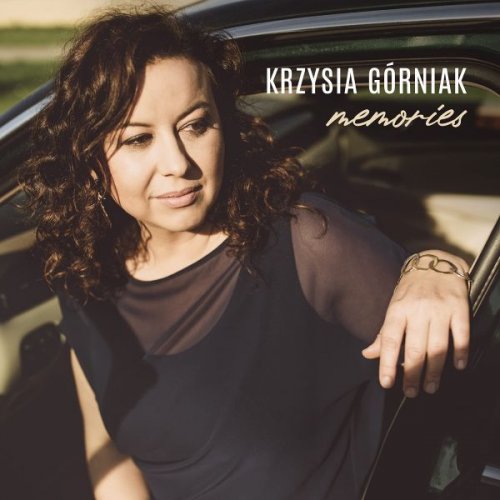
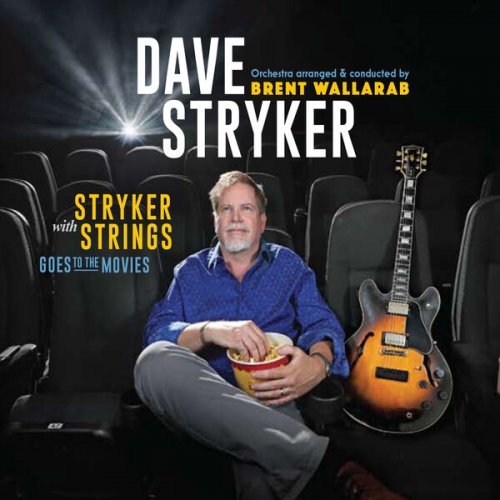
![Xhosa Cole - On A Modern Genius, Vol.1 (2025) [Hi-Res] Xhosa Cole - On A Modern Genius, Vol.1 (2025) [Hi-Res]](https://www.dibpic.com/uploads/posts/2025-01/1736423914_vdcc2uwx9n56a_600.jpg)
